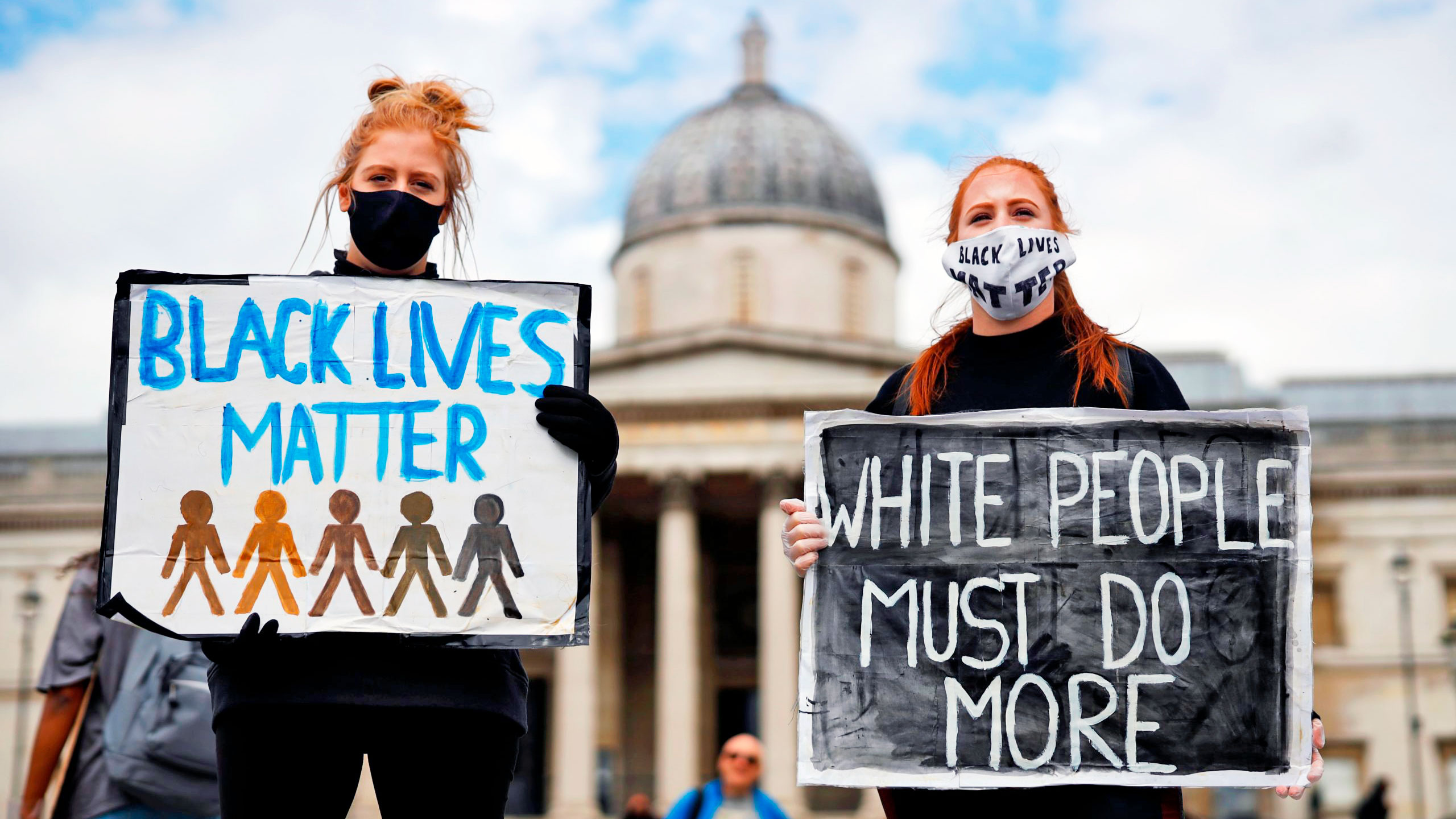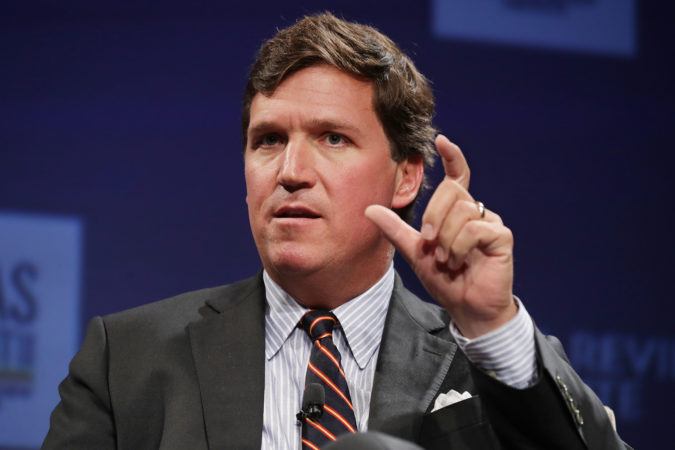


In previous years it had fluctuated, sometimes as low as £300,000, but sometimes over £1 million. In 2018 the Social Affairs Unit and Standpoint had a financial crisis - the grant to Standpoint dropped to £245,000. The Social Affairs Unit says it gets back £117,000 from the magazine, which doesn’t even cover the salaries of Standpoint’s editors: the magazine was burning through around £800,000 just to make £117,000 back. The editor gets around £80,000 a year and staff costs were around £125,000. The latest accounts show the Social Affairs Unit gave Standpoint a £687,000 grant in 2019 - and also generously employed both the managing editor and editor of the magazine. Thanks to Charity Commission rules, this means we have a picture of Standpoint’s finances, showing big subsidies for a small sale. The Social Affairs Unit became independent and Standpoint became its main project. It is run by a charity called the Social Affairs Unit, which was founded in 1980 as an offshoot of the free-marketeer Institute for Economic Affairs (IEA), to put its right-wing focus on social rather than financial matters. We have a good idea of how Standpoint is funded. In Standpoint’s view, Streeting was the “dishonest” baddie, Murray the good guy.

Wes Streeting was attacked because he criticised Douglas Murray, the neocon who said: “Conditions for Muslims in Europe must be made harder across the board.” Labour “moderates” were similarly attacked.īack in 2010 Standpoint argued that Harriet Harman and Ed Miliband were too close to “supporters of the Muslim Brotherhood.” Pretty nasty stuff, but typical of Standpoint. Johnson argued growing Muslim populations might create “a new European hell.” To get a flavour, in 2015 Johnson wrote in Standpoint that “the Islamisation of Europe is no longer a far-right fantasy, but a real possibility,” fretting that “over the next generation, Muslims in Europe are certain to multiply rapidly, due not only to migration but to higher birthrates.” Under Johnson, Standpoint took a firmly “neocon” line. Standpoint is a good example, a monthly magazine that was launched in 2008 under editor Daniel Johnson, the son of Thatcher speech-writer and Pinochet supporter Paul Johnson. These magazines and publications have a place because they have fought for it on shoestring budgets.īut there is another world of political magazines - glossy-looking ones with very right-wing “sugar daddies.” They pay well but rely on millionaires more than actual readers. And there are newer, web-based kids on the block.īut there are common features, especially around money: many fundraising drives among readers, lots of reaching out to trade unions for support, modest pay for staff. There are political and stylistic differences between, say, the Star and Red Pepper or Tribune. MORNING STAR readers are, by definition, familiar with the world of left-wing newspapers and magazines.


 0 kommentar(er)
0 kommentar(er)
